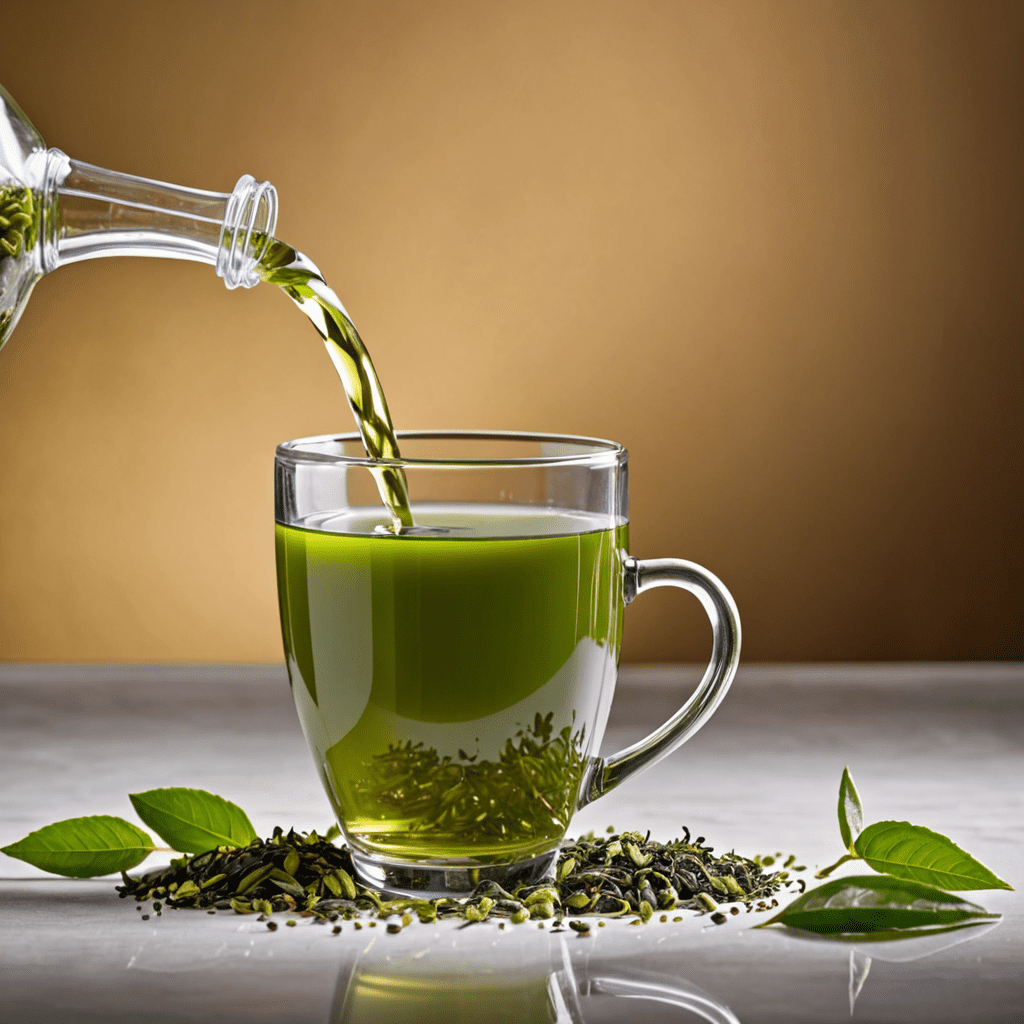Chamomile Tea and Its Anti-Inflammatory Effects
Chamomile tea, with its delicate floral aroma and soothing taste, is not only a popular herbal beverage but also holds significant health benefits. One of the key advantages of chamomile tea is its potent anti-inflammatory properties, which have been recognized for centuries. Let’s delve into how this calming tea can help in combating inflammation in the body.
The Power of Chamomile
Chamomile, derived from the Matricaria chamomilla plant, has been used for its medicinal properties for ages. Its anti-inflammatory effects are attributed to the presence of various bioactive compounds, such as chamazulene, flavonoids, and terpenoids.
How Chamomile Fights Inflammation
When inflammation occurs in the body, it can lead to various health issues. Chamomile tea helps combat inflammation by inhibiting the production of pro-inflammatory cytokines and enzymes. This mechanism helps reduce swelling, redness, and pain associated with inflammatory conditions.
Benefits of Anti-Inflammatory Effects
By drinking chamomile tea regularly, individuals may experience relief from conditions like arthritis, eczema, and digestive issues caused by inflammation. Its soothing properties can also aid in relieving muscle spasms and tension.
Supporting Scientific Evidence
Studies have shown that the anti-inflammatory effects of chamomile are not merely anecdotal. Research has demonstrated chamomile’s potential in reducing inflammation markers in the body, offering a natural and holistic approach to managing inflammatory ailments.
How to Incorporate Chamomile Tea Into Your Routine
To reap the anti-inflammatory benefits of chamomile tea, simply steep a chamomile tea bag in hot water for a few minutes. You can enjoy it plain or add a touch of honey for sweetness. Regular consumption, either hot or cold, can support your overall well-being.
Consultation and Precautions
Although chamomile tea is generally safe for most people, individuals with known allergies to plants in the daisy family should exercise caution. If you have specific health concerns or are pregnant, consulting a healthcare provider before incorporating chamomile tea into your routine is advisable.
Conclusion
Chamomile tea’s anti-inflammatory effects make it a valuable addition to a healthy lifestyle. By harnessing the power of this natural remedy, you can potentially reduce inflammation in your body and experience the soothing benefits of this ancient herbal brew.
FAQ About Chamomile Tea and Its Anti-Inflammatory Effects
What is Chamomile Tea?
Chamomile tea is an herbal infusion made from the dried flowers of the chamomile plant. It is known for its calming properties and subtle floral flavor.
How Does Chamomile Tea Help with Inflammation?
Chamomile tea contains compounds that have anti-inflammatory properties, which can help reduce inflammation in the body. This can be beneficial for conditions like arthritis and other inflammatory diseases.
Is Chamomile Tea Safe to Drink for Inflammation?
Chamomile tea is generally safe for most people to drink in moderation. However, if you have allergies to plants in the daisy family, such as ragweed, chamomile may cause a reaction. It’s best to consult with a healthcare provider before adding it to your routine, especially if you are pregnant, nursing, or taking medications.
How Can Chamomile Tea Be Incorporated into Daily Routine for Anti-Inflammatory Benefits?
To enjoy the potential anti-inflammatory benefits of chamomile tea, you can drink it as a soothing beverage throughout the day. You can also incorporate it into your bedtime routine for a relaxing and anti-inflammatory boost.


